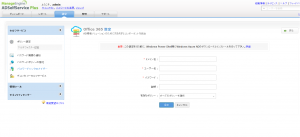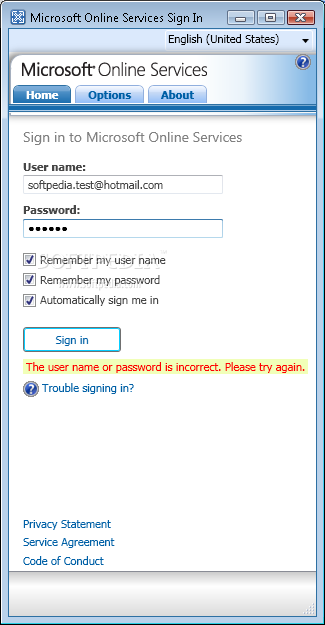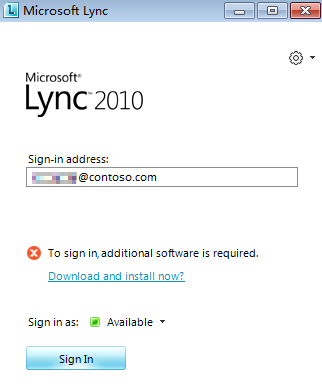

- #MICROSOFT ONLINE SERVICES SIGN IN ASSISTANT HOW TO#
- #MICROSOFT ONLINE SERVICES SIGN IN ASSISTANT INSTALL#
- #MICROSOFT ONLINE SERVICES SIGN IN ASSISTANT WINDOWS#
#MICROSOFT ONLINE SERVICES SIGN IN ASSISTANT INSTALL#
We strongly recommend you install the 64-bit version to ensure future support and compatibility. Support for the 32-bit version will no longer occur, and future updates to the Azure Active Directory Module will be released only for the 64-bit version.
#MICROSOFT ONLINE SERVICES SIGN IN ASSISTANT HOW TO#
Note that the MSOL Settings cmdlets have been given a new name, more information about these cmdlets and how to use them can be found in this article.Įffective October 20, 2014, the Azure Active Directory Module for Windows PowerShell (32-bit version) is discontinued. You can install this module with the cmdlet Install-Module AzureADPreview If you are looking for the MSOL-Settings cmdlets to manage groups settings for Unified Groups, these are now available in the newer Azure AD PowerShell V2 Public Preview module, which can be found in the Powershell Gallery for the Azure AD Preview module. The MSOnline Public Preview release 1.1.130.0 is no longer available for download.

You can install the module with the Install-Module cmdlet: Install-Module MSOnline The easiest way to install the module is from the PowerShell Gallery.

NET Framework and Windows PowerShell: Windows 8.1, Windows 8, Windows 7, Windows Server 2012 R2, Windows Server 2012, or Windows Server 2008 R2. The Azure AD Module is supported on the following Windows operating systems with the default version of Microsoft. We advise customers who are creating new PowerShell scripts to use the newer module instead of this module. Please note that we will begin to deprecate this module when the functionality of this module is available in the newer Azure Active Directory PowerShell for Graph module. This topic includes information about how to install these cmdlets for use with your directory. You can use the Azure Active Directory Module for Windows PowerShell cmdlets for Azure AD administrative tasks such as user management, domain management and for configuring single sign-on.


 0 kommentar(er)
0 kommentar(er)
